Elderly man found dead in Queenstown flat highlights growing concern over seniors living alone
On 12 June 2025, a man in his sixties was found dead in his Queenstown flat days after his passing. The case adds to a growing number of solitary deaths among seniors in Singapore, sparking renewed calls for stronger monitoring and community support.
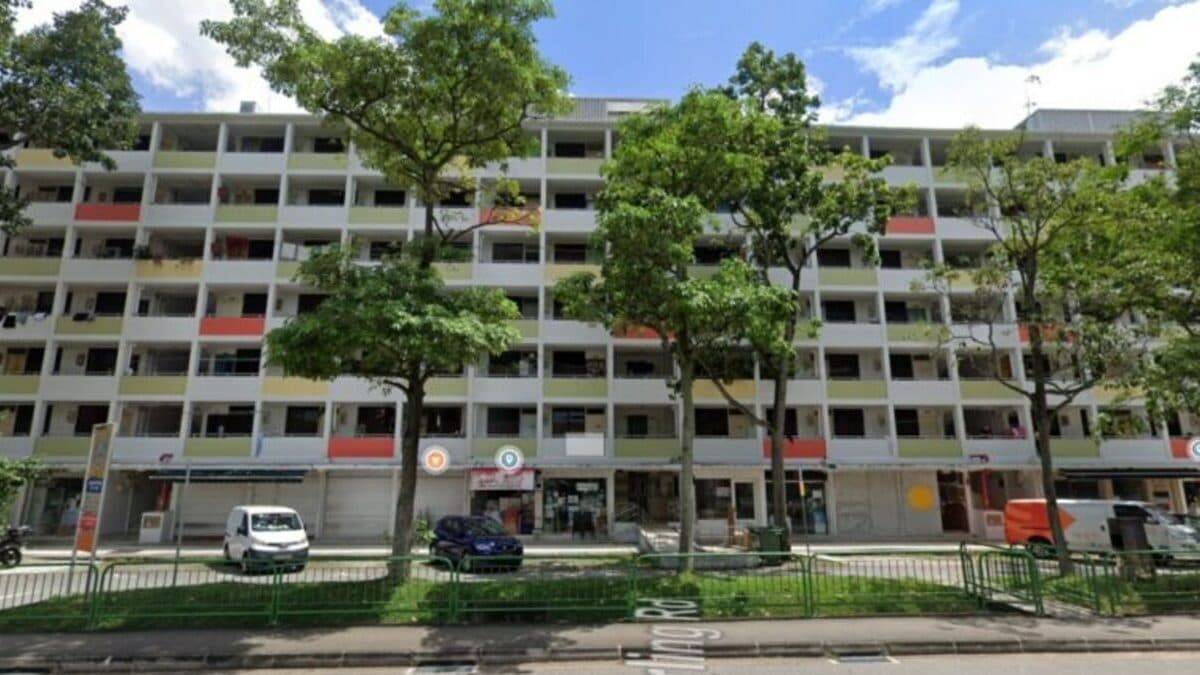
- A man in his sixties was found dead in his Queenstown flat days after his passing.
- The case adds to several similar incidents of elderly people dying alone in recent months.
- Singapore lacks official data tracking on such solitary deaths, though fewer than 100 unclaimed bodies are handled yearly.
- MPs and civil groups have urged better monitoring, stronger community involvement, and more resources for Active Ageing Centres.
A man in his sixties was found dead in his Queenstown flat on 12 June 2025, several days after his passing, raising fresh concerns about elderly isolation in Singapore’s housing estates.
The incident occurred around 10 pm at Block 49, Stirling Road. According to a report by Chinese daily Shin Min Daily News, the man, nicknamed “Ah Fei,” was discovered after neighbours reported a strong odour in the corridor.
One neighbour, Wang, 60, a private hire driver who had known the deceased for more than 20 years, said the smell had lingered for days. At first, residents assumed it was a dead rodent. But suspicions grew after “Ah Fei” was not seen for nearly a week, and repeated knocks on his door went unanswered.
As the stench worsened, residents contacted the police, who confirmed the man’s death.
Victim had history of health issues
Wang said the deceased had once worked as a taxi driver before switching to private hire driving, later taking up a job managing trolleys at the airport. However, about six months ago, he underwent heart surgery for cardiovascular blockage and stopped working.
Another neighbour recalled noticing the smell in recent days, even prompting a town council cleaner to ask residents if they had detected it.
“I never imagined someone had died,” the neighbour said. “It wasn’t until the police arrived that I realised he had been dead for days.”
A troubling pattern of solitary deaths
This case adds to a string of similar incidents in recent months, reflecting the vulnerability of seniors living alone.
-
On 31 May 2025, an 81-year-old man was found dead in his rental flat at Bukit Merah View after being unaccounted for several days.
-
On 1 May 2025, Lianhe Zaobao reported that a man in his seventies was found dead in his home at North Bridge Road, shortly after neighbours saw him in seemingly good health.
-
In March, workers discovered the skeletal remains of a 71-year-old man in his Sims Place flat after spotting the body through a window.
-
On 15 December 2024, the decomposing bodies of 71-year-old Lim Eng Keong and 67-year-old Mary Ong were found in their Jurong flat. Both reportedly died of natural causes.
Then-MP Shawn Huang, responding to the Jurong case, stressed the need for stronger community involvement to support seniors, even those who appeared socially active.
Gaps in data tracking
Despite the frequency of such incidents, Singapore lacks comprehensive statistics on elderly people who die alone.
The Ministry of Health does not track these cases, although the Health Sciences Authority handles fewer than 100 unclaimed bodies each year. The police likewise do not maintain records, a point confirmed in Parliament by Minister for Home Affairs K. Shanmugam on 7 August 2024.
Workers’ Party MP Dennis Tan had questioned whether agencies were sharing information to prevent similar incidents. Shanmugam replied that while police do not compile such data, officers refer isolated seniors encountered during patrols to social services.
Parliamentary calls for stronger intervention
In May 2023, MP Yip Hon Weng called for better monitoring of seniors who avoid community programmes. He argued that systematic tracking could help prevent solitary deaths.
Minister of State for National Development Muhammad Faishal Ibrahim pointed to initiatives under the Ageing Action Plan, including the Live Well, Age Well programme and outreach by Silver Generation Ambassadors. He added that community vigilance remains key in identifying at-risk seniors.
Dennis Tan further urged the government to increase resources for Active Ageing Centres and grant staff easier access to seniors’ homes for welfare checks.
Civil society has also stepped in. The Online Citizen has been documenting solitary deaths in Singapore through its politicalsg wiki, aiming to provide a centralised record of such cases.
Broader implications
The repeated discovery of seniors dying unnoticed for days highlights the challenges of ageing in a rapidly urbanised society. While government initiatives and neighbourhood watch efforts exist, the growing number of such cases suggests gaps in detection and support.
Experts warn that without more structured intervention, Singapore may see more instances of elderly residents passing away in isolation — only to be discovered long after by neighbours or cleaners.



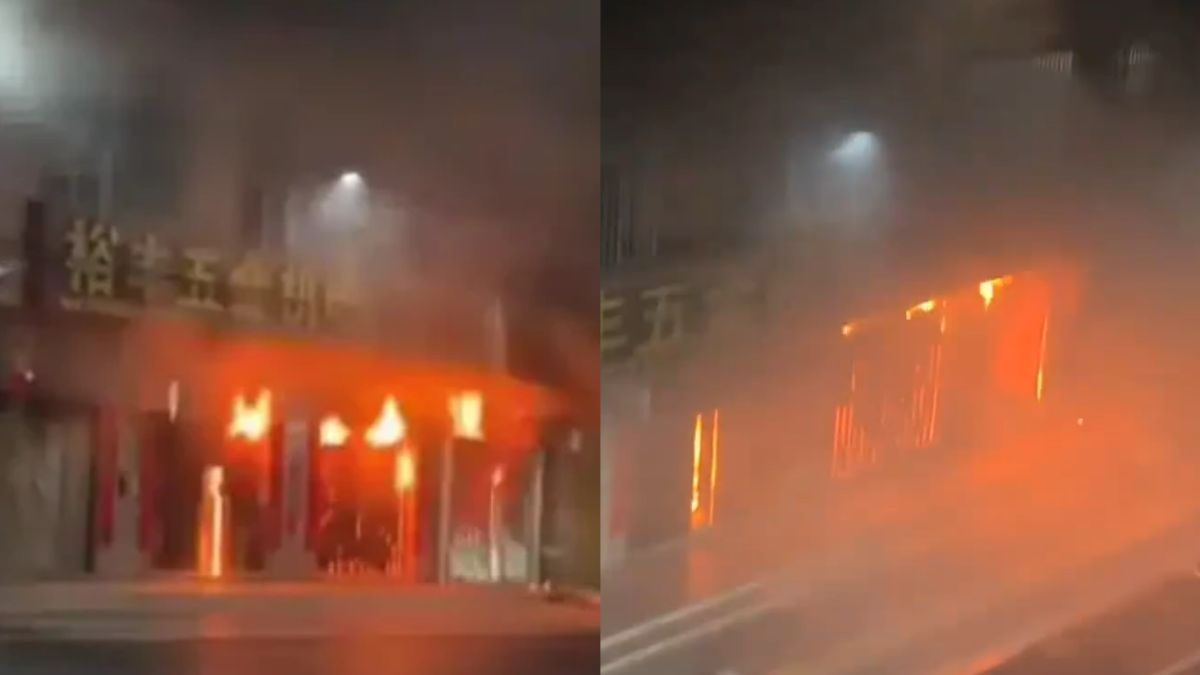
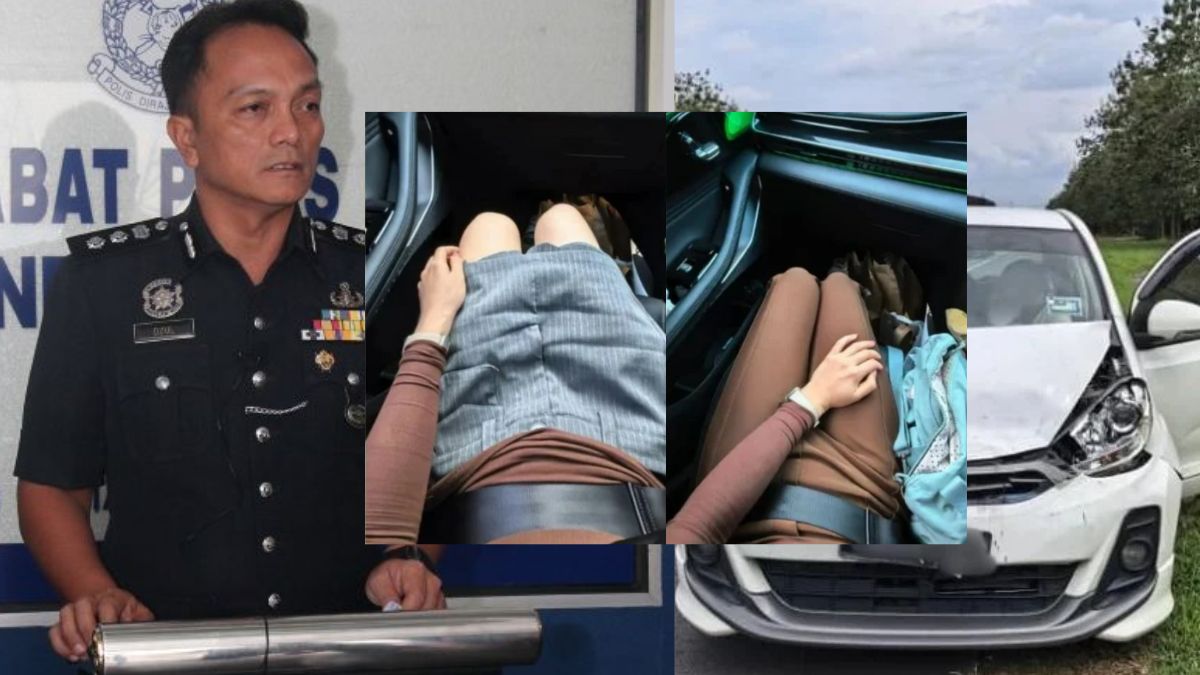
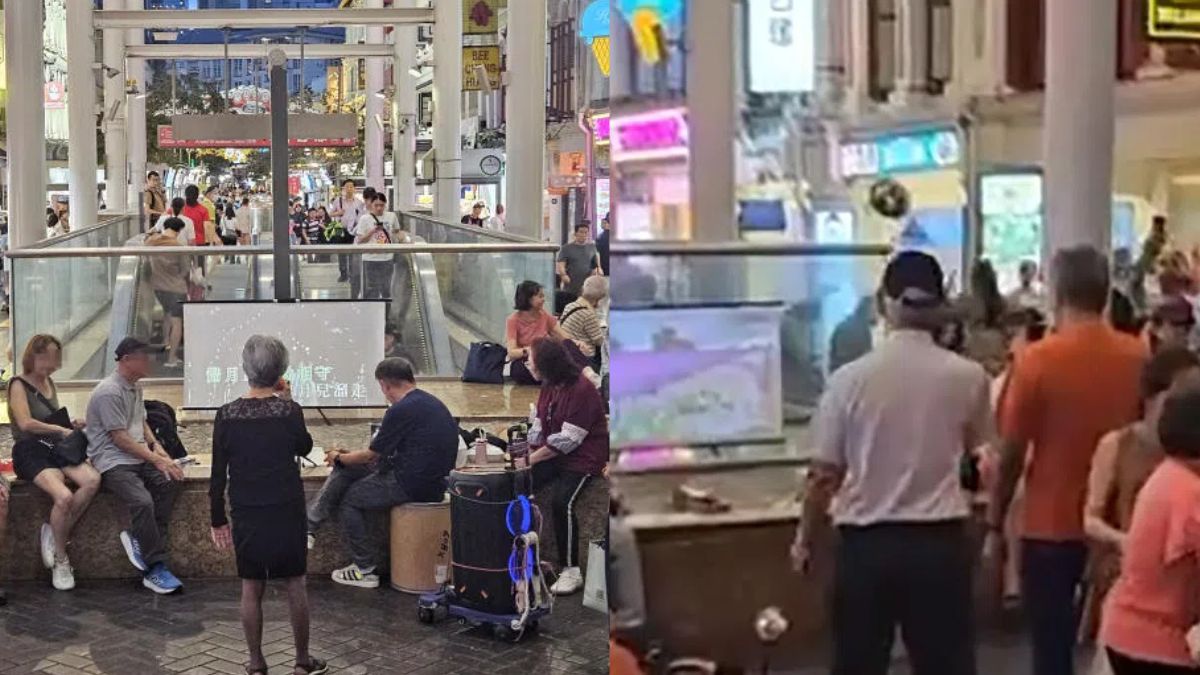

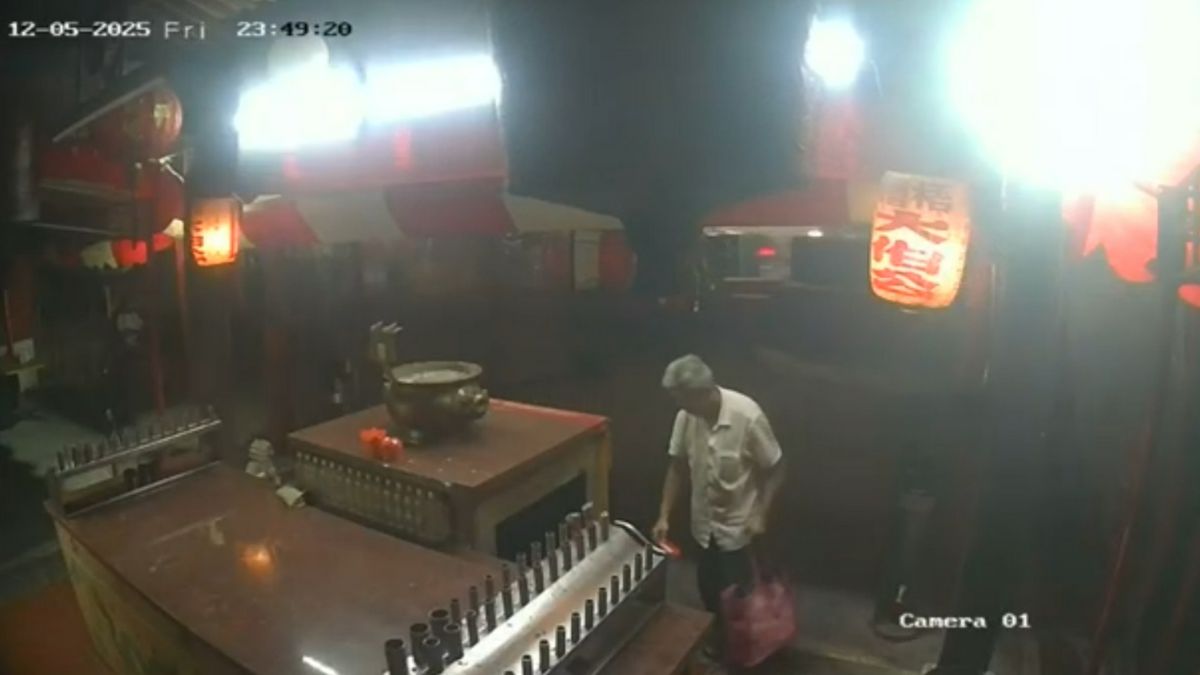
0 Comments